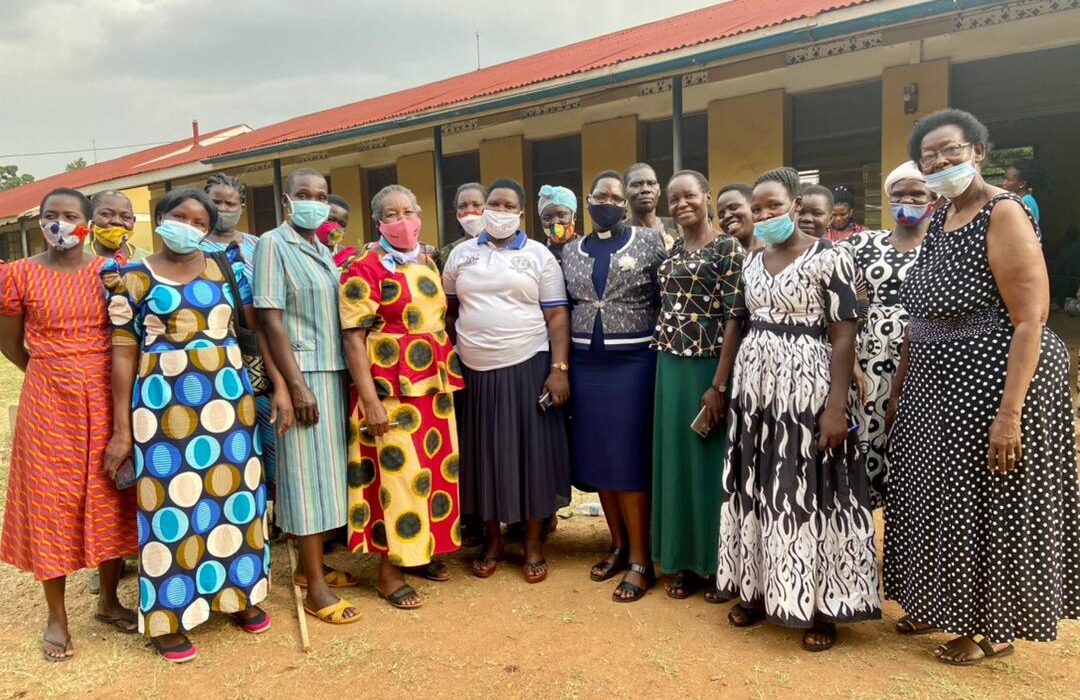Building on the gains from the previous work in conflict and post-conflict situations, The Peace Centre conducted training on Peacebuilding and Leadership for 50 women leaders (political, religious, cultural, CBOs and independent/influential women leaders) and 50 youth leaders (political, religious, cultural and independent/influential youth leaders) in Soroti district. The training which aimed to enhance conflict analysis peacebuilding, governance, leadership and mediation skills was conducted from 22nd to 27th February.
To build their effective and meaningful participation in the formal and informal peacebuilding processes; participants applied a gender lens to conflict and peace issues, discussed the gendered impact of conflict to further understand the conceptual and practical tools and the different roles that men and women play in peacetime and wartime.
The training also included a conflict analysis session, where women leaders were taken through the types of conflict, tools for conflict analysis such as the human knot, that demonstrates teamwork, communication skills and conflict management which helped participants identify the root causes, consequences and interventions for peacebuilding and conflict resolution in their communities.
Practical exercises were also used at our Peace Advocates training focused on negotiation through a drama on the Itesot traditional wedding ceremony that introduced participants to negotiation and dispute resolution tools, techniques and strategies. During the negotiation process participants noted that negotiation begins by identifying the conflict, clarity about what is being offered and what is needed from the other party, effective communication between the parties & agreement to resolve the conflict.
The Peacebuilding and Leadership training is timely based on the fact that women’s participation in decision making, in peace building and post conflict recovery in Uganda is markedly low, particularly at local level. The training increased constructive engagement of women and youth who can effectively participate and influence the formal and informal peace building processes. As a result of the training, Women Mediation Networks were created in Gweri, Asuret, Arapai at sub county level in Soroti with the vision of a peaceful and prosperous community.
The Network which will prioritise sharing good practices, expertise and peer-to-peer learning, where women engaged in mediation in different contexts learn from each other also contributes to strengthening efforts to enhance women’s meaningful participation and influence in peace processes at all levels. The network will also empower women to dialogue with decision-makers for improved service delivery through radio talk shows and engaging local leaders. They look to address child neglect, land conflicts, SGBV, forced and early child marriages in the community.



